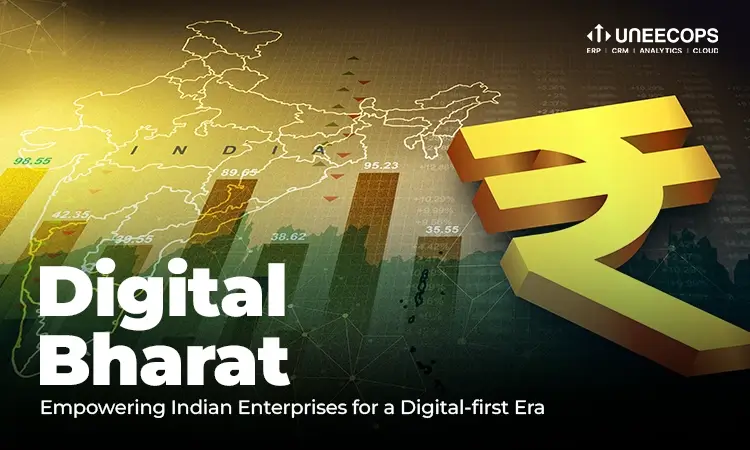Today enterprises require a huge amount of data to manage their businesses efficiently and stay ahead of the curve. Among these data, some are mission-critical data. The whole company and its various departments depend on this data to work coherently. This mission-critical data is what we call the Master Data. Keeping this data up to date with no redundancies, errors, or conflicts is highly crucial to the business’s success.
What Is Master Data?
There are mainly three types of enterprise data. One kind is that data which tells us about the transactions (Sales, Purchase, etc.). These are called transactional data. Based on the sales, Purchase, and other data, we create analytical insights. Data that is related to these analytical insights is called analytical data.
Both the above kinds of data have different contexts. For example, when we sell something, that data is recorded in the context of selling a specific product to one particular customer. This contextual data is what we call the Master Data. It is the data of the products, location, staff, vendors, and every other data upon which transactional and analytical depend. For example, without the data of products, you can’t create sales data as you can’t associate the transaction with any product. Thus, Master Data is the backbone of the enterprise data.
Salient features of Master Data:
- Master data doesn’t change a lot. This is logical because vendor and existing customer details do not occur frequently. However, that doesn’t mean that the Master data never changes. It updates at a lesser frequency.
- Data that constitutes the backbone of the enterprise will naturally be complex and big. So, the Master Data is large, and it can have many variables. From products and their prices to vendors and their location, from customers and their addresses to the inventories and their location, from fixed assets to human resources- the master data covers the enterprise in a 360-degree manner. And then there are variables like, if a customer buys a certain quantity of products, they will get a certain percentage of the discount.
- From the second point, you can gauge that Master Data is essential for a business. Without it, they can’t create other transactional and analytical data.
- Master Data is related to the core entities of the enterprise.
What Is Master Data Management?
Master Data Management or MDM is the process of storing the mission-critical enterprise data in a centralised form. The IT department needs to work closely with the business to first identify the Master Data, and only then this data can be stored in an efficient manner. Master Data Management is not just dumping the critical data in a centralised storage system. Master Data Management solutions entail proper categorisation of data. One Master Data can have multiple sub-domains. For example, while creating an item Master Data for a manufacturing plant, there can be two types of items- raw materials and finished goods.
Granularity is the keyword in Master Data Management. There can be a lot of conditional logic when it comes to Master Data creation. For example, both items and their price fall under the purview of Master Data. However, one item can have multiple prices depending upon how much quantity of that item is being bought.
There are various Master Data Management tools that the IT department uses to store and organise Master Data. Sometimes ERP systems are used to store Master Data.
Master Data Management Vs Data Governance
Master Data Management answers the ‘what’ of enterprise data. With MDM, companies decide what data should be counted as Master Data and stored in a relevant way. Data Governance answers the ‘how’ of enterprise data. It determines how the enterprise data should be processed, who should access what data.
Benefits of Master Data Management Solution- Tableau Software
Master Data Management is an excellent way of reducing the complexities associated with enterprise data.
- MDM ensures that there is a single point of truth. From a single point, all the other kinds of data are powered. This ensures broader transparency, better data management and a decrease in data management time.
- With Master Data Management tools such as Tableau, you can say goodbye to the duplication of mission-critical data. For example, if the marketing department and sales department have the record of one single person but with different addresses, MDM can ensure that the customer data is stored with the last updated address.
- When you have all the mission-critical data handy, you get a clearer picture of the transactional and analytical data. Hence, MDM tool such as Tableau play a crucial role in helping companies make data-driven decisions.
- The essence of MDM is to store all the mission-critical data so that companies can store other data associated with this critical data. This means MDM helps companies a lot to remain compliant.
Master Data is the backbone of any enterprise in the modern-day. As the company grows big, its reliance on Master Data increases. Simple questions like, “What is the price of item 1?” or “What is the email ID of our high priority customer no. 5?” etc., will get hard to answer as the items and customers increase with the company’s growth. Master Data Management ensures proper storage of mission-critical data. Efficient handling of Master Data is the key to success in this data-driven world of business. Your enterprise data can be easily managed with Tableau software and Uneecops as a leading partner of Tableau can make it happen.







